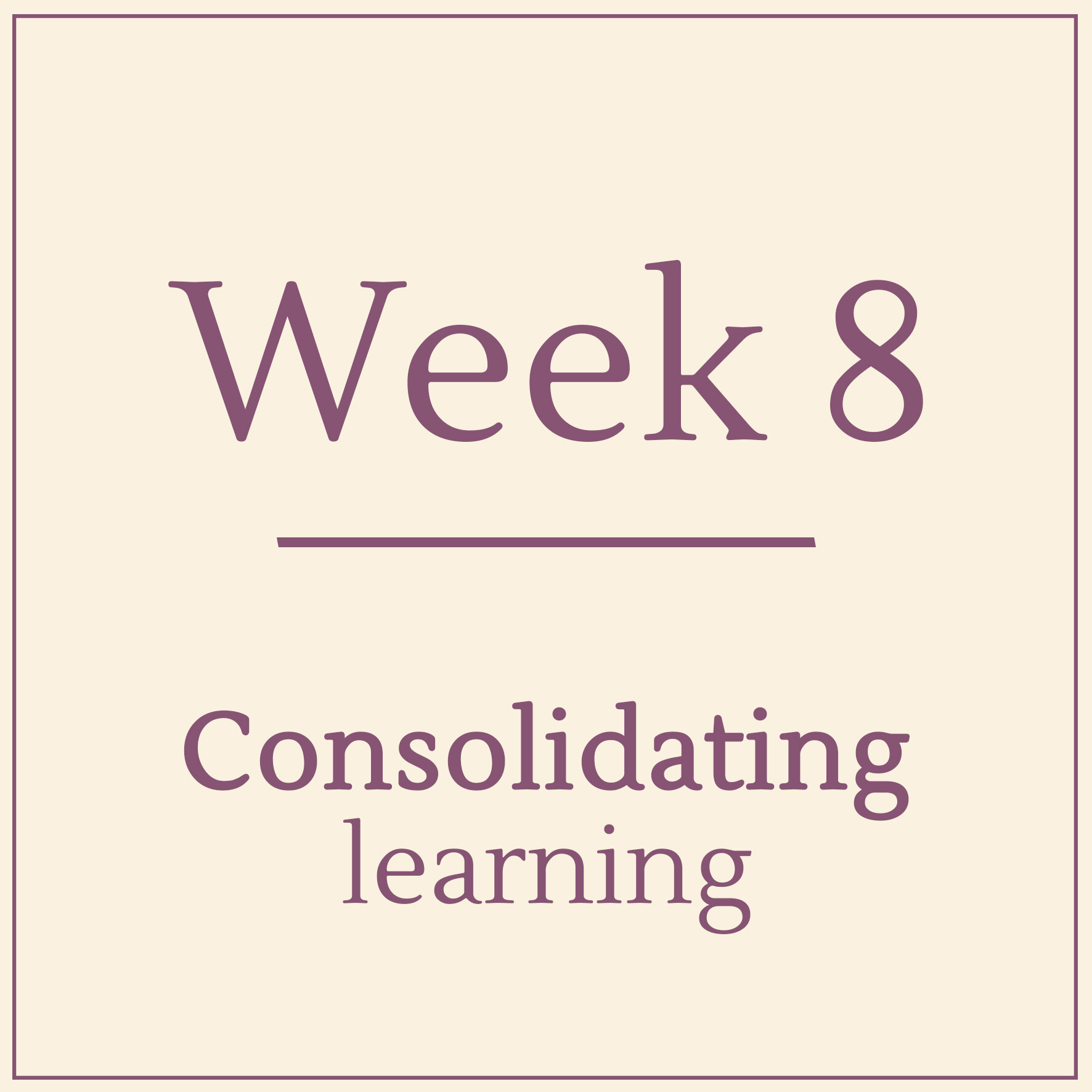
Mindfulness-Based Cognitive Therapy (MBCT) Training
Teach MBCT: Train to be a Mindfulness Teacher

Mindfulness Professional Training Groups forming at
CHA Cambridge Health Alliance
Harvard Medical School Teaching Hospital
Center for Mindfulness and Compassion
Also our very own Lynnell Herzer is a Certified MBCT Mentor available to work with therapists in one of the training programs to teach MBCT. You can reach out to Lynnell directly at lmh336@nyu.edu
Introduction and Research
The best way to start with Mindfulness-Based Cognitive Therapy (MBCT) is by understanding its origins. Listening to the creation story by Zindel Segal, PhD, provides valuable insights into MBCT's development.
Solid research supports MBCT for depression and generalized anxiety, with emerging studies on its benefits for chronic medical conditions. Understanding this research is crucial for appreciating the full scope of MBCT’s applications.
MBCT vs. MBSR
Mindfulness-Based Stress Reduction (MBSR) is another significant area to explore. MBSR provides a strong foundation in mindfulness for stress management and is well-established in the medical community.
While MBCT is similar to MBSR, it places a stronger emphasis on addressing toxic thoughts and difficult emotions.
Both MBCT and MBSR are taught by medical professionals, but MBCT specifically combines mindfulness with cognitive therapy techniques.
Specializing in MBCT
Many of us have chosen to specialize in MBCT. Resources like AccessMBCT provide information on training institutions and qualified teachers worldwide. For a comprehensive overview, visit MBCT.com.
The combination of mindfulness and cognitive therapy in MBCT has been developed and researched for 20 years, resulting in a well-established therapeutic approach.
Experiencing the Mindfulness Workshop (MBCT)
Personal Practice and Professional Application
First, you learn mindfulness for yourself, by directly experiencing the MBCT Workshop.
Learn how it can increase you wellbeing while managing life’s daily stresses.
Learning Mindfulness
You and your clients can find a true refuge in mindfulness. Nurture heart, body and mind. We can’t always change the outside, but we can change how we relate to it. Regain perspective. Learn to be less reactive, more responsive, and resilient.
Learn mindfulness and earn CEs as mindfulness is adapted for mental health, and help your clients work with intense emotions, using mindfulness to maintain their balance.
Mindfulness is combined with elements of cognitive therapy to help participants struggling with emotional upset or reactivity. Participants learn resilience from challenging or persistent emotions and thoughts. Many people try to cope using distraction, but in this class, participants find true refuge from difficulties, becoming less reactive and more responsive.
Program Structure
Each program offers a dynamic, live online learning experience, blending evidence-based mindfulness practices with trauma-informed care. Sessions are led by expert instructors and involve interactive discussions, guided meditations, and practical exercises.
Participants will explore mindfulness techniques specific to healthcare, behavior change, or therapy settings.
Programs also include mentorship and certification pathways for those looking to integrate these skills professionally.
Learn more about the MBCT
professional training programs
Traditional MBCT workshop structure and intentions
Mindfulness Based - Cognitive Therapy is much more than teaching mindfulness.
Understanding of flow of the 8 weeks of teaching is one way to understand MB-CT more deeply.
Outline of Each Week:
Basic Mindfulness
Transition to “Sitting With”
Application of Mindfulness
Looking into The 7 Elements of MB-CT gives a helpful perspective on the richness of teaching MB-CT
Another way to understand MB-CT more deeply is to consider each of the 7 elements that are being learned during the 8 weeks of instruction.
We learn about:
-
To develop:
Awareness of Experience
Raisin exercise, Body Scan, Breath -
To develop:
Self-Compassion
Experiencing the present without judgment -
To develop:
Tools to Become Present
Breath and Body awareness as anchors
3-Minute Breathing Space Regular,
and at difficult moments -
To develop:
Softening and Opening to Difficulty
Allowing thoughts and emotions to be felt,
with awareness, in the body -
To develop:
Plans for times of risk
Helpful actions that increase
mastery and well-being -
To develop:
Autonomous practice
Ability to adapt based on direct experience
Flexibility in which meditations to use
Ability to self-lead meditations,
9th week and follow-on learning -
To develop:
Ability to De-Center
Seeing thoughts as thoughts
Seeing experience as transitory
Understanding life contains elements
of both suffering and relief














